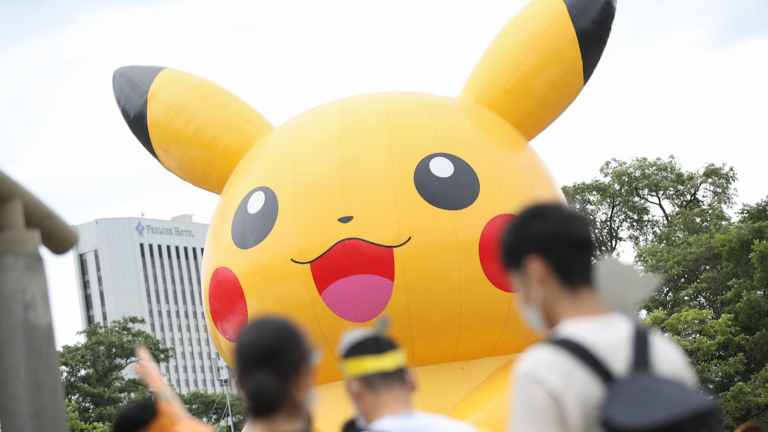A class action lawsuit against Niantic, the developer of Pokémon Go, is progressing after the Los Angeles County Superior Court rejected the company’s attempts at arbitration. The lawsuit alleges that Niantic has fostered a sexist work culture that disadvantages female employees, violating the California Equal Pay Act and other fair employment laws. The legal action was filed shortly after Niantic laid off hundreds of employees, canceled games, and closed its Los Angeles studio, where the plaintiff had worked since 2020.
The anonymous woman who initiated the lawsuit claimed that she was paid significantly less than male colleagues with similar responsibilities or job titles. She raised her concerns with other female employees through an internal resources group called Wolfpack, and they collectively agreed that men were favored and valued over women at the company.
However, when the employee discussed these issues with Niantic’s diversity director and principal people partner, she allegedly felt threatened and feared for her job. The conversation made it clear that both the diversity director and male upper management were hostile towards addressing concerns about sexual bias. Subsequently, the company reportedly censored and stifled communication within the Wolfpack group, creating a hostile and oppressive work environment for women.
After more than four months, the Los Angeles County Superior Court denied all three of Niantic’s attempts to handle the case through arbitration. The court ruled that the allegations of pay discrimination, retaliation, silencing, and systemic sexual bias should be pursued further. Niantic had tried to compel the women involved into individual and binding arbitration, strike the class allegations, and halt any legal proceedings until arbitration concluded.
Attorney Nicholas Sarris stated that gender-based hostile work environments can take various forms, as evident from the allegations in this case. He emphasized that the #MeToo movement has empowered women to seek systemic change through court proceedings rather than being forced into secret individual arbitrations.
The women involved in the lawsuit now plan to hold Niantic accountable for violating the California Equal Pay Act and the Fair Employment & Housing Act’s prohibitions against discrimination, hostile work environments, and retaliation. Attorney Genie Harrison added that the women alleged a pervasive, gender-based hostile working environment at Niantic, with the company even attempting to ban female workers from using the phrase “boys club.”
Niantic argued against the Ending Forced Arbitration Act, claiming that it does not mean what it says. However, Harrison emphasized that Niantic’s “augmented reality” may work in games but not in the courtroom. She stated that employers can no longer hide gender-based discrimination, harassment, and equal pay violations behind forced individual arbitrations. The legal team looks forward to prosecuting the case on behalf of the women of Niantic.
No further information about the upcoming hearing or next steps in the class action lawsuit has been provided at this time.
Source: DOTESPORTS






